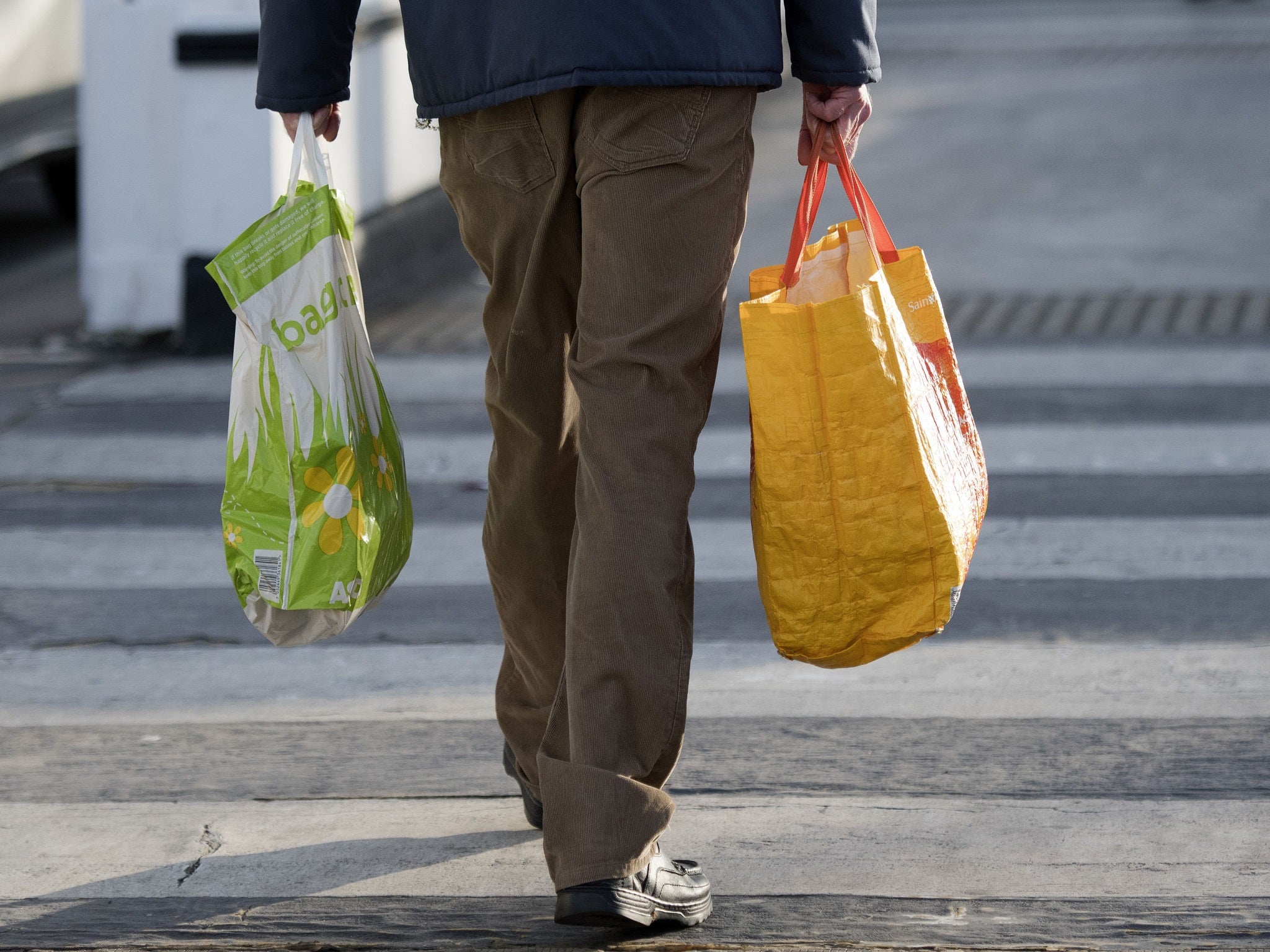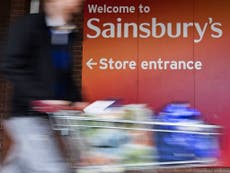Five things that show how online retailing will transform our lives
The value placed by financial markets on bricks and mortar retailers is much less than it puts on online businesses


When two supermarket giants try to merge, something big is happening. In this case it is the revolution in how we shop, a social shift as important as the development of supermarkets more than 70 years ago. The idea that you should pick up your own groceries and put them in a trolley, rather than ask a shop assistant for them, utterly changed our lives. Now it is the shift to online. For the proposed merger between Sainsbury’s and Walmart-owned Asda is more than a business story – though it is certainly that. It is a social one.
To see why, here are some numbers. Around 18 per cent of the goods sold in the UK are now bought online. The biggest online retailer in the world, Amazon, is worth $770bn, while the biggest regular retailer, Walmart, is worth one-third of that amount at $250bn. Sainsbury’s, the UK’s second biggest supermarket group, is worth only £5.9bn (less than $9bn). We don’t have an equivalent of an Amazon in the UK, but Asos, the online fashion and beauty store, is worth £6bn, and Ocado the online grocer, £3.5bn.
Two conclusions follow. One is that US retailers are vastly bigger than British ones, but we knew that already. The other is that the value placed by financial markets on bricks and mortar retailers is much less than it puts on online businesses. The job of markets is to look forward, and they signal very clearly that the future is online.
Social change happens gradually, but also inexorably. So what should we look for to catch a feeling for how quickly and how radically our lives will be changed? Here are five ideas.
First, follow the money. When does a British online company pass Tesco to become our most valuable retailer? There is no challenger at the moment, and established retailers are racing to build their online platforms. But what has happened in the US and China will happen everywhere.
Next, does the proportion of goods bought online continue to rise by about one percentage point a year? That is what is happening at the moment – so that by 2030, at the present rate, about 30 per cent of goods could be online. One could envisage people going to do a bulk buy for staples from an out-of-town warehouse once a month, grabbing a few last-minute items from a convenience store on the way home after work, and having the rest all delivered.
Three: what happens to margins? If margins from online rise significantly above those at physical stores, then the game for supermarkets is over. At the moment margins online seem to be lower than those in stores, but the data is not very clear. However, stores have higher fixed costs and lower variable ones. Think about it. With a store you have to pay rent, heat and staff it, whether you sell anything or not. With online your biggest cost is labour, but you only use that labour when you sell something and have to select and deliver it.
Four: is there innovation in delivery? The shift to supermarkets took place because it was cheaper to have people pick out what they wanted instead of customers telling someone to get it for them. But someone, actually the Oklahoma supermarket owner Sylvan Goldman, had to invent the supermarket trolley. There have been experiments with drones, and many incremental advances such as designing routes with intelligent satnav. But fulfilment is still cumbersome. If there is an advance akin to the trolley, then the shift happens even faster.
Finally, will social habits continue to shift? Online shopping is age-related. The younger you are the higher proportion of goods you buy online. If that continues, then that suggestion above that 30 per cent of our stuff will be bought online by 2030 will be conservative.
The big point here is that we are in the middle of a seismic shift in the way we buy things that is as radical as anything that has happened in the past. The proposed merger between Asda and Sainsbury’s is defensive – a way of responding to what we consumers signal as to how we want to spend our money. The shift will continue a long way yet.


Join our commenting forum
Join thought-provoking conversations, follow other Independent readers and see their replies